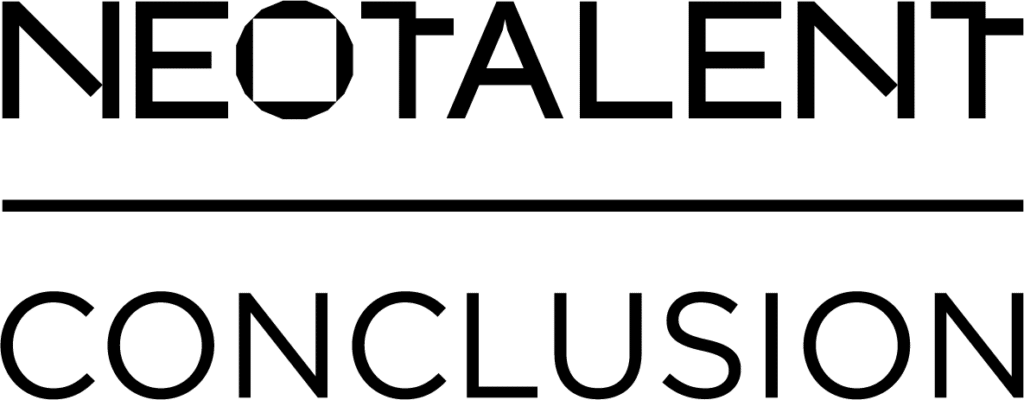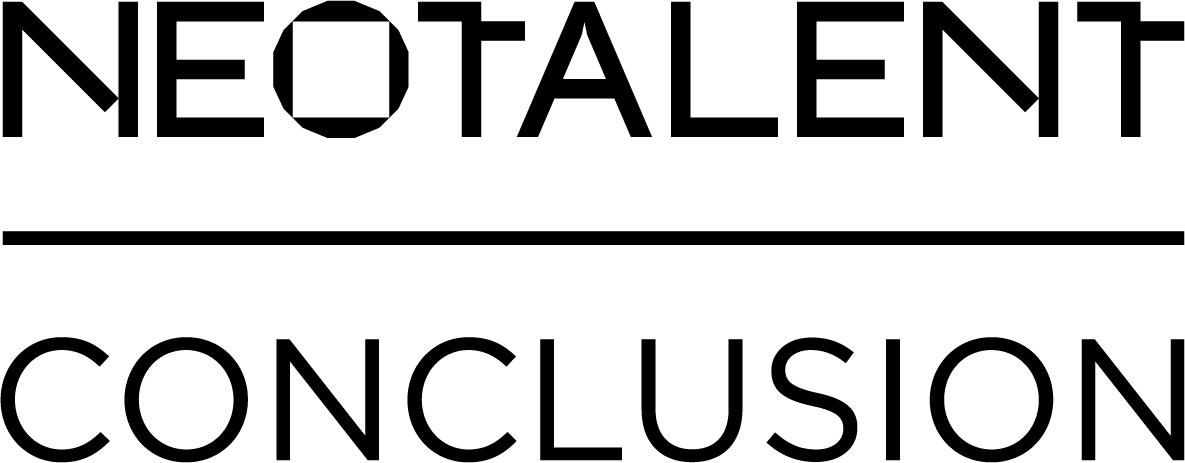Find out how to get the most out of your first interview to conquer your next professional challenge
In this article, we share 5 tips to differentiate yourself in IT job interviews. Follow these steps to secure access to the next stage of your new career challenge.
In the digital age in which we live, virtual recruitment is increasingly common. The pandemic has only accelerated a trend that was already underway. There are pros and cons to this new format (like everything else in life), but in this article we’ll focus on the main factors you need to take into account to rock (in a good way!) your next interview.
We recruiters interview dozens of candidates a month. After a few years recruiting in this area, I was able to identify the key moments when the most successful candidates stood out in the recruitment process, and how that differentiation ultimately led to their hiring.
Here’s what you can do to capture the interest of your next recruiter and set yourself apart from competing candidates:
- Learn how to summarize your career path
- Become aware of your attitude
- Exercises questions and answers
- Do a preliminary search
- Schedule the follow-up to the interview
Learn to summarize your journey
Before the first interview, you are supposed to have already asked details about the offer and shared your CV, giving consent for access to your personal data.
But more than knowing what you have on your CV (and believe me this is not an unreasonable recommendation), it is important to know how to summarize your career path in a few minutes. Reread the job description to find the most relevant requirements. Then, identify the parts of your experience that you want to highlight, mentioning the most important moments and facts (the technology stack you have worked with, skills developed on a project, mentoring from other team members, etc.)
Become aware of your attitude
Interviews always have some stress associated with them. Each candidate has their own reason and they are all valid.
Work on your confidence (in the mirror if necessary). Say out loud your motivations, and assess whether you can express them in a confident and self-assured way. Being nervous is natural, so preparation can (really) make a difference.
Important note: don’t confuse confidence with arrogance. If we’re interviewing you, it’s because your profile impressed us and we think you have the potential to be a perfect fit. A haughty or presumptuous attitude during the interview can decrease your chances of advancing to the next stage, even with strong technical skills. (You know what they say: there’s no second chance to make a good impression).
Exercises questions and answers
Throughout an interview, there are times when the recruiter asks you questions and times when you can ask them yourself.
When asked questions, answer as clearly and objectively as you can. Interviewers are often impressed by candidates who show good communication skills and an enthusiastic attitude, especially those who demonstrate that they have made an extra effort in preparing for the interview.
If at some point you don’t have an answer, be honest and admit it. We recruiters tend to value genuine attitude and a show of humility over off-the-cuff responses that can generate unnecessary conflict later in the process.
Want to impress? Prepare a set of questions to ask at the end of the conversation, or at another time you feel is appropriate. This is a time when you can find out about the company’s mission, career development and training opportunities, or even learn more about the customers, the atmosphere among colleagues, etc.
Do a preliminary search
Arriving at an interview without any idea of what the company does and why they contacted you is halfway to failure. A brief Google search, with a quick visit to the company’s website or LinkedIn, can be enough to show the recruiter that you are genuinely interested in the available opportunity.
If you’re a natural-born curiosity seeker, you can go further and check out the professional profile of the person interviewing you and learn a bit about their background. Maybe you’ll find connections or common interests to turn the interview into a more informal conversation?
Schedule the follow-up to the interview
In the area of information technology, we are all on a roll. Even if the recruiter gives you feedback on the recruitment process – and they should – it is very likely that the response will not be as quick as you want.
Take the opportunity to distinguish yourself from other candidates and get in touch with the recruiter yourself. A week after the first interview can be a good time to take stock and show that you are still interested in the offer. A simple reminder in your diary… and you can keep yourself top of mind with the interviewer and secure your place in the next stage of the process.
On that side, I hope you can have a better experience in recruitment processes from now on. If you are considering a move, you can always contact me to see if we have the opportunity you are looking for!
Mariana Rovisco
Talent Consultant
Algarvian, outgoing, passionate about 4-legged animals and a fan of superheroes. She has been working in Talent Acquisition for six years and her aim is always to look for the best tech talent and match them with the best possible opportunity.





